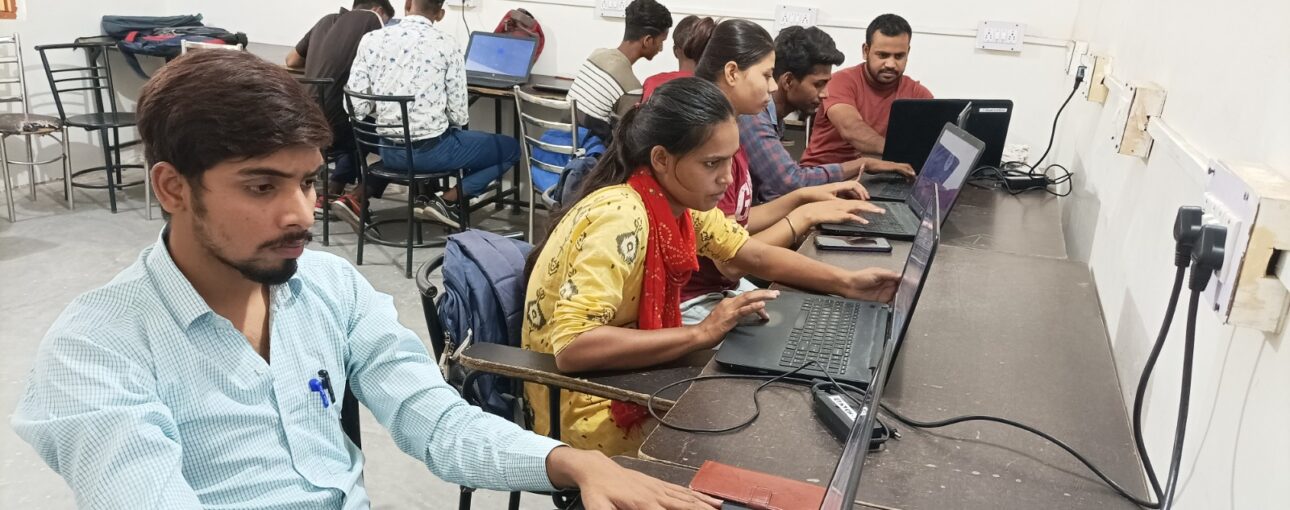In today’s rapidly evolving technological landscape, it is crucial for young people, particularly those from marginalized backgrounds, to be equipped with a wide range of skills and a flexible mindset to remain employable. The role of trainers and instructors in this context is to mentor effectively and foster the right skills and attitudes in their trainees.
Key Skills for Modern Employability:
- ICT Skills: Proficiency in basic computer applications like word processing, spreadsheets, and email is essential across all fields. Additionally, skills specific to one’s trade, such as drafting machine parts or using CAD software, are increasingly important.
- Presentation and Soft Skills: Communication and interpersonal skills are key differentiators in the job market. Employers value not only a candidate’s technical knowledge but also their ability to work effectively in a team and contribute to a productive work environment. Demonstrating these skills during interviews is crucial.
- Adaptability and Innovation: The ability to apply scientific principles in practical, technology-driven contexts is vital. Innovation doesn’t just enhance employability but also opens up avenues for career advancement.
- Industry Awareness and Futuristic Outlook: Staying informed about the latest technological advancements and their implications is critical. For instance, understanding how trends like remote communication can impact industries is vital for innovative thinking and career growth.
- Customer Orientation: In the service sector, it’s important for everyone, regardless of their background, to align with the ultimate goal of customer satisfaction.
- Selling Skills: Contrary to popular belief, selling skills are important in technical fields. Effective communication and the ability to persuade are crucial, whether it’s selling an idea to a supervisor or a product to a client.
- Understanding Organizational Structure: Gaining first-hand experience of working environments, such as factory floors, helps in understanding the structure and hierarchies within an organization.
- Machine Familiarity: For technical trainees, internships or apprenticeships are essential. Spending time in a real-world work environment helps in gaining practical knowledge of machinery and workflows.
Interview Preparation Tips:
- Research the company thoroughly and understand its operations and culture.
- Be prepared to articulate why you want to work with the company.
- Know your strengths and weaknesses and be ready to discuss them confidently.
- Have the confidence to ask for clarifications during an interview if needed.
- Look for job opportunities across various industries where your skills could be applicable.
In summary, the contemporary job market demands a blend of technical proficiency, soft skills, adaptability, and a forward-thinking approach. Trainers and educators play a key role in preparing young individuals to meet these evolving demands, thereby paving the way for successful and sustainable careers.
